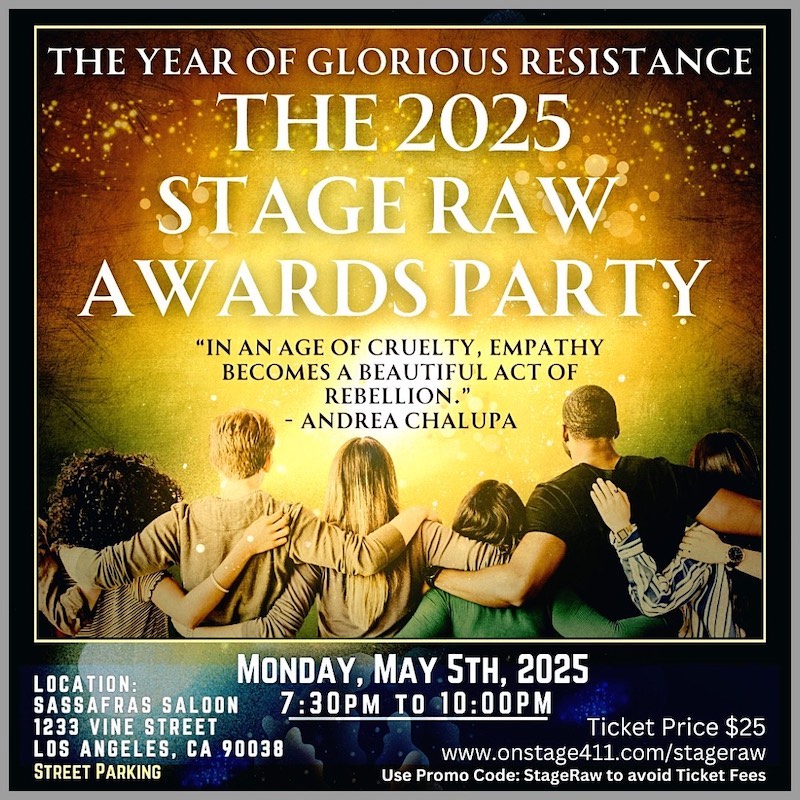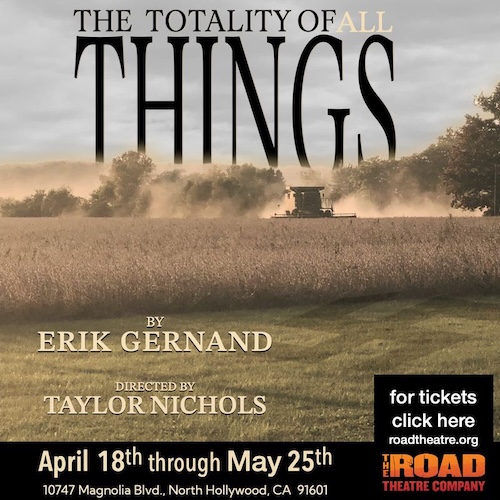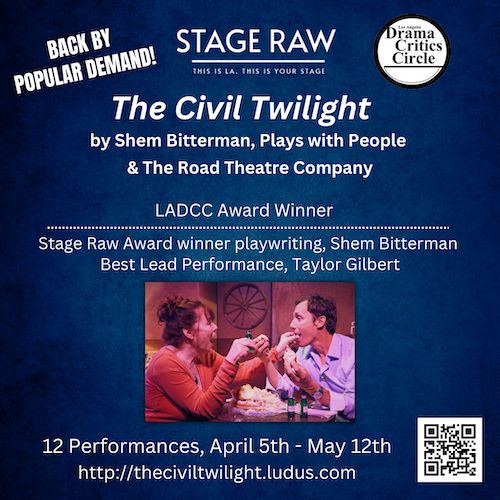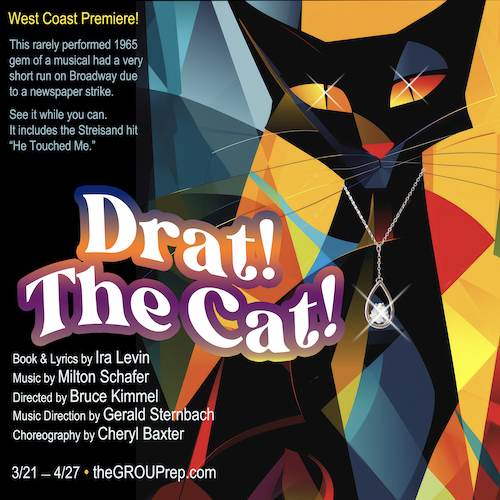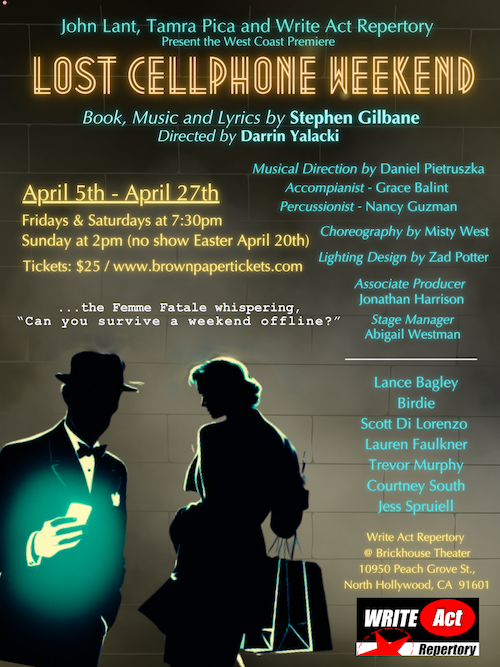Queen of Fishtown
Reviewed by Deborah Klugman
Hollywood Fringe Encore Performance at Namba Arts
Thru July 9
RECOMMENDED
“Few neighborhoods have changed as quickly and dynamically as Fishtown,” proclaims the website visitphilly.com, a promotional site for the City of Brotherly Love. The text goes on to explain how this once rundown working class neighborhood in the northeast part of the city is now home to a renaissance in culture, dining and nightlife. Displayed are photos of young people with backpacks and bicycles and a diversity of diners sampling the delights the restaurants there have to offer.
A native Philadelphian growing up there in the mid 20th century would never have imagined such a thing. Fishtown, so named for early settlers who earned their living fishing in the Delaware River, is part of a larger neighborhood Philadelphians refer to as Kensington, the name derived from an 18th century settlement founded by a man named Anthony Palmer. For years it was home to an impoverished blue-collar community, whose long-time residents were largely of Irish, German, and Polish Catholic descent.
The Fishtown locale serves as backdrop for Queen of Fishtown, writer/performer Katierose Donohue Enriquez’s solo show, which won this year’s Hollywood Fringe Best of Broadwater Award and the Encore NAMBA Female Voices Award. The play’s narrator and central character is Kathleen Burke, a Fishtown native on the cusp of 40. She resides with her family in a cramped rowhouse she inherited from her great-grandad who had bought it for pennies years before. Kathleen lives with her husband Arthur, her college-age son Peter, who’s engaged, her 9-year-old daughter Melanie, who attends a Catholic parochial school, and her brother Mark, a disabled veteran. Peter’s fiancée Peggy is also a presence (an ofttimes irksome one) in Kathleen’s household. For income Kathleen works as a clerk at the DMV.
Kathleen’s Irish-Catholic forbearers have been in Fishtown for generations, and the gentrification she experiences around her ignites her scorn, ridicule — and, though she’d likely never admit it — envy. The people coming into the neighborhood — especially the DINKS (Double Income, No Kids) — seem to have plenty of time and money to fix up their houses, for example, two luxuries she lacks. The frou-frou gyms and vegan eateries springing up aren’t to the taste of this beer-swilling resident. So, notwithstanding a good marriage, a loving husband, and caring friends, Kathleen is an angry person. In fact, twice in the course of her narrative, her rage against circumstances almost takes her life.
One of the things that struck me listening to this garrulous character spew words like a geyser was the ubiquity of her opinions. Though Kathleen is a product of Fishtown, the resentments she airs call to mind a neighbor of mine, a non-college educated woman raised in L.A. — like Kathleen, a former teen mom who still works hard for her money and has little time for pretentions she perceives in others. She too is eager to share what she thinks of many things to anyone with time to listen. Entertainment aside, the prime strength of Queen of Fishtown to my mind is the voice it affords to a certain kind of woman in our society, not necessarily from Northeast Philly, who is often overlooked or ignored.
Directed by Corey Podell, Enriquez is a cyclone of energy the entire 55 minutes she’s onstage. Her reserves of power are considerable. Still, much of the performance I saw bore the stamp of standup, with a style of delivery that seemed intent on gleaning laughs from the audience (It did) This is fine, except it’s limiting. Only later in the piece does an event occur within Kathleen’s nuclear family that transforms the play from a portraiture to more of a real honest-to-goodness drama. It would be good to see that happen earlier in the story, and to finesse the presentation of an angry-woman-in-denial-of-her-rage so that her vulnerability becomes more visible along with her ire throughout.
The production has one remaining performance at Namba Arts, 47 S Oak St, Ventura, on Saturday, July 9. 6:30 pm; Running time: approximately 55 minutes with no intermission. https://www.nambaarts.com/womens-voices-festival-22-play-1/



